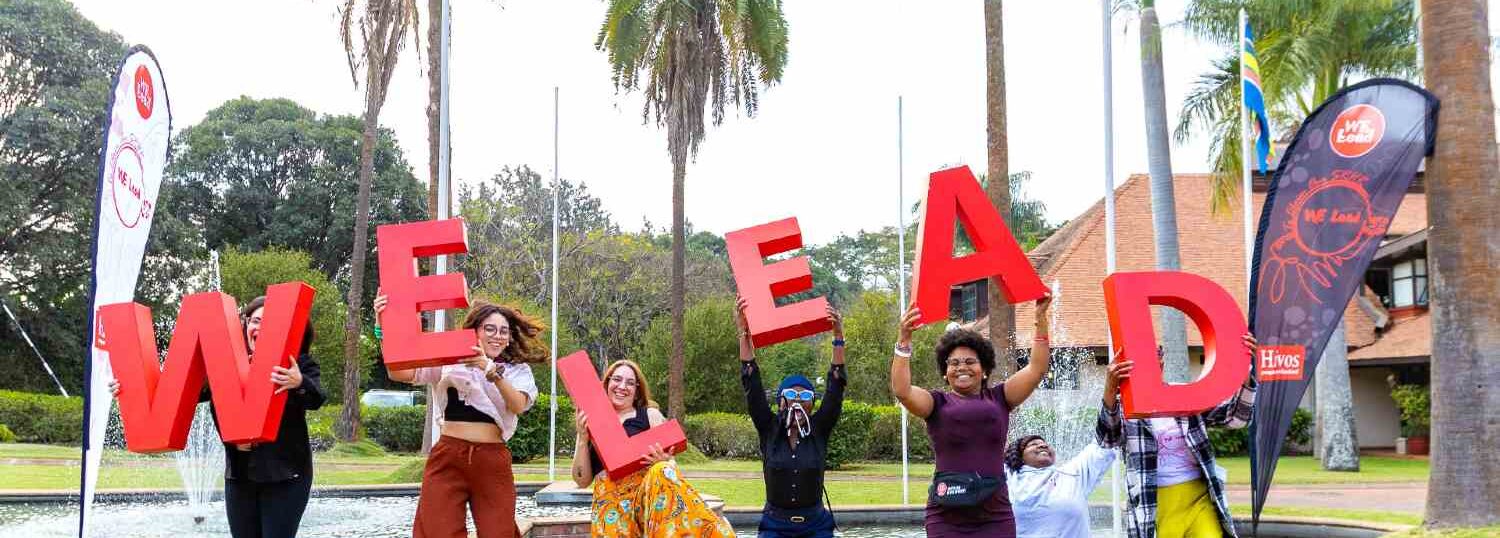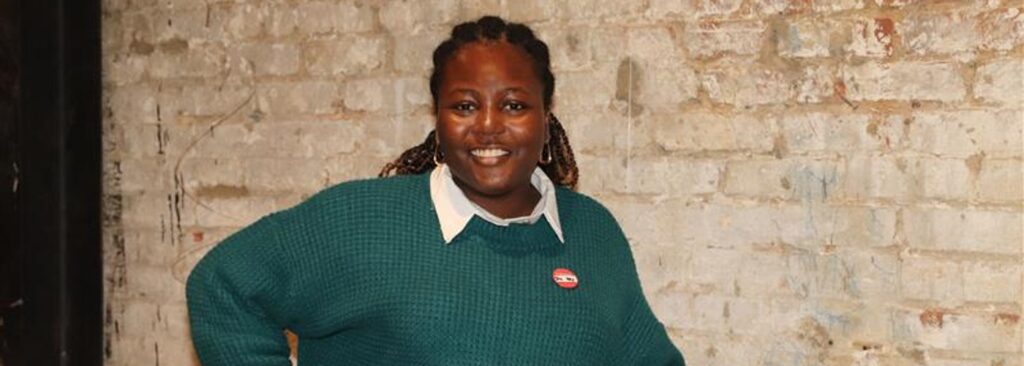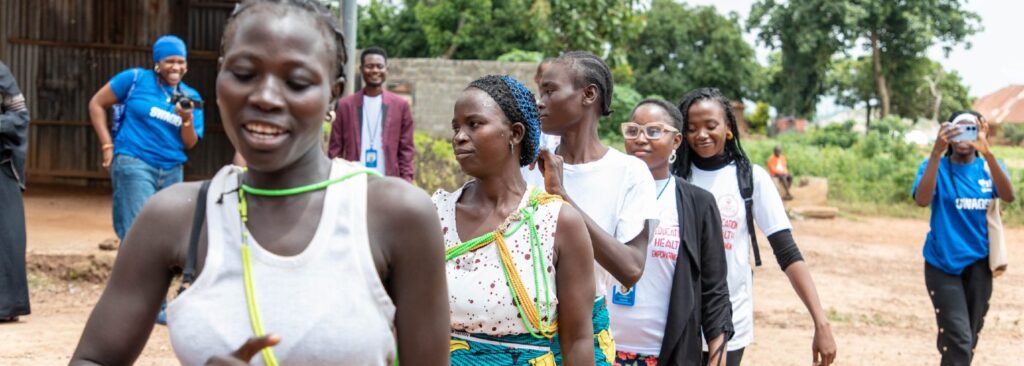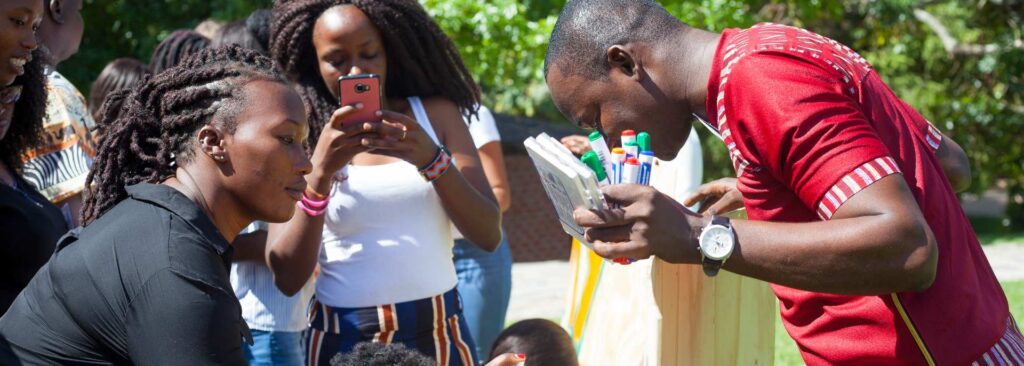After five years of implementation, the We Lead program is coming to an end. To celebrate the shared achievements and acknowledge the increasingly challenging contexts, the global team came together in Nairobi to host the close out event.
We Lead began with a bold and urgent vision: to shift power to young rightsholders, and to place feminist leadership and intersectionality at the very heart of our advocacy for sexual and reproductive health and rights (SRHR). However, the program is closing out at a time in which the world feels especially fragile. “Across the globe, we’re witnessing sustained backlash against human rights, gender equality, and social inclusion,” reflects We Lead Global Program Manager Nyambura Gathumbi. “Funding is shrinking. Community-rooted organizations are struggling to survive. The progress we’ve made feels more precious – and more at risk – than ever.”
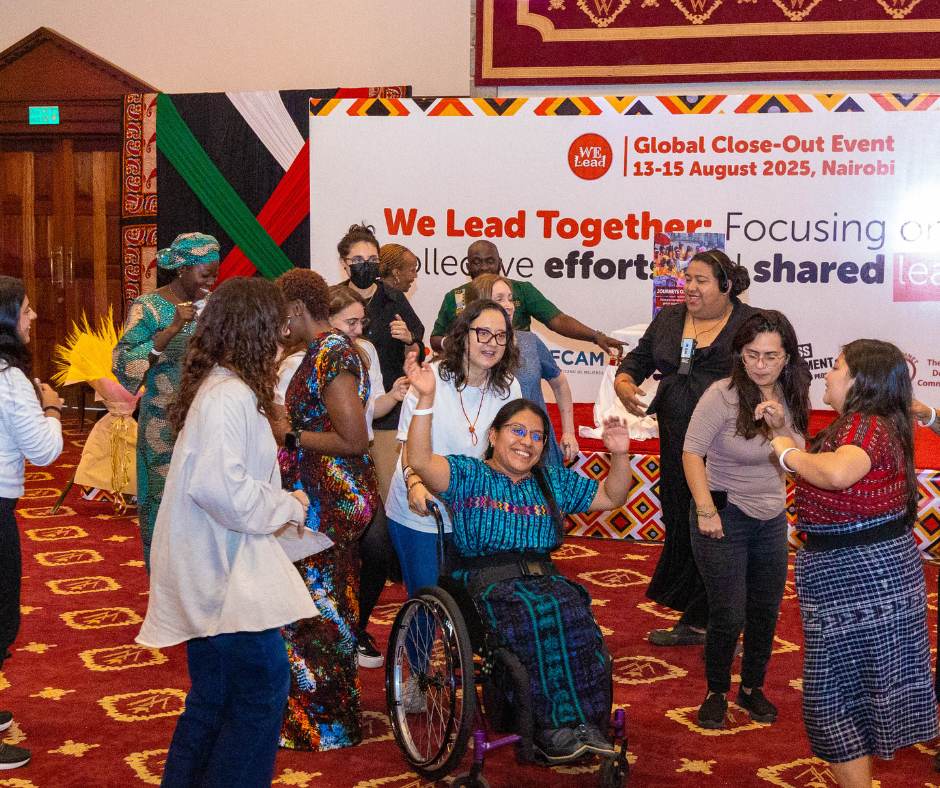
Young women in the driver’s seat
We Lead was implemented in nine countries across Africa, the Middle East and Central America. Every country has its own story; every region has its own heroes. And from all corners of the globe, the program has seen rightsholders go from “beneficiaries” to leaders, from “consulted” to co-creators of change.
Throughout the span of the program, young women have stepped into decision-making spaces and claiming them with confidence. Grassroots movements are stronger, more connected, and deeply grounded in their communities. Some examples of the incredible advocacy work include:
- In Honduras, the lift of the ban on the morning after pill in Honduras was a great example of how sustained funding for feminist organizations can lead into direct policy change.
- In the Middle East, We Lead also actively worked to install government measurements against forced sterilization of young women living with disabilities.
- Activists in West Africa worked with influential community leaders, who became vocal supporters of SRHR. We Lead’s advocacy efforts contributed to more than 70% increase in adolescent access to contraception.
- In Uganda, local leaders, after engaging with We Lead, passed by laws that facilitated access to SRHR services by young women with disabilities.
- In Kenya, “intersex” was officially recognized as a legal sex marker on birth certificates and official documents affirming the dignity and rights from birth after years of advocacy and training.
We couldn’t have done it alone
The We Lead program was coordinated on a national level by nine young professionals, who have made the program a success. Their ability to connect and build a movement was central to all We Lead’s outcomes. In each country, a host organization facilitated a workplace for them, while also creating an infrastructure for the national partners to flourish. The consortium partners are Positive Vibes, Restless Development, FEMNET, FCAM, and Marsa. Each of them brought their own expertise, methodologies and hard work to the table. The program was funded by the Dutch Ministry of Foreign Affairs. Their believe in this feminist and rights-based approach, has created the space for the program to blossom.
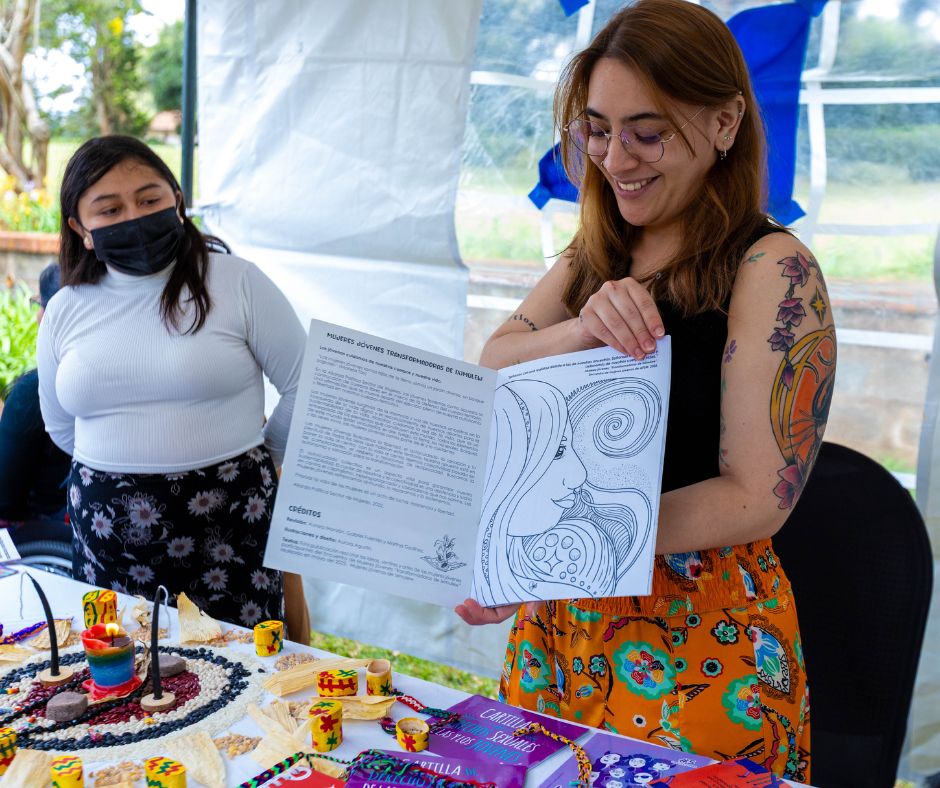
“This journey wasn’t without its challenges,” says Nyambura. “We faced shrinking civic space, financial hurdles, political pushback. But through it all, the resilience of our rightsholders and our teams has been nothing short of extraordinary. When the space narrowed, they pushed wider. When funding dipped, they found new ways to rise. That kind of spirit – that refusal to give up – is the true legacy of We Lead.”
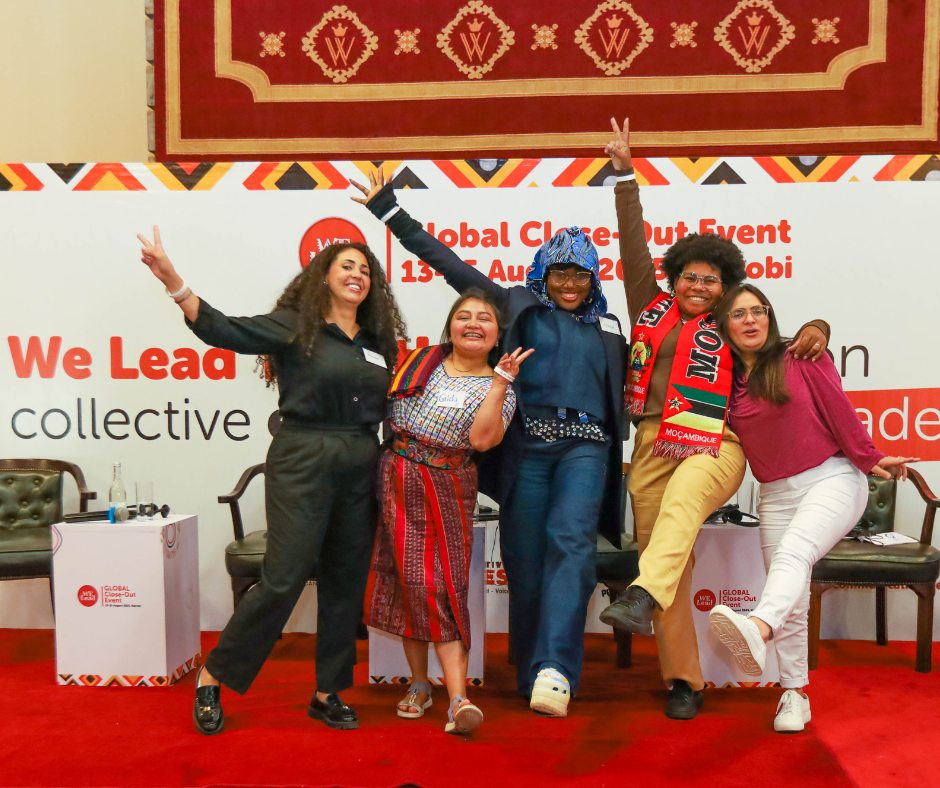
What comes next?
This is not the end; it is a transition. We Lead has shown us what is possible when young women, in all their diversity, are trusted to lead. We’ve seen the power of co-leadership between civil society and rightsholders. We’ve seen how change grows from the ground up, when it is rooted in lived experience and radical hope.

